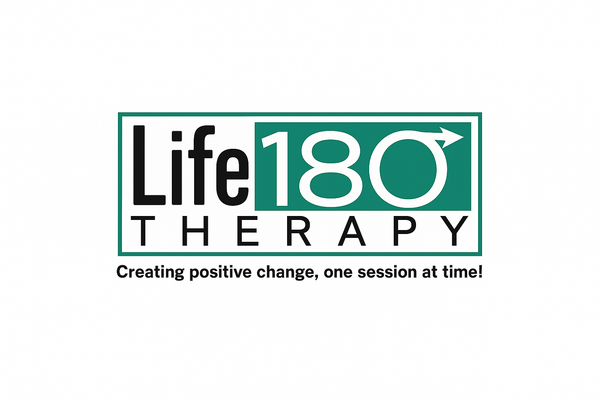Depression is a complex mental health condition that can have a significant impact on an individual's mood, thoughts, behavior, and overall well-being. Treatment for depression typically involves a combination of psychotherapy, medication, lifestyle changes, and support from mental health professionals. Here's a breakdown of treatment options, symptoms of depression, and how therapy can help:
Symptoms of Depression:
- Persistent Sadness:Feeling sad, empty, or hopeless most of the time.
- Loss of Interest:Losing interest or pleasure in activities that were once enjoyable.
- Changes in Sleep: Insomnia (difficulty sleeping) or hypersomnia (excessive sleeping).
- Changes in Appetite or Weight: Significant changes in appetite or weight, either loss or gain.
- Fatigue: Feeling constantly tired or lacking energy.
- Feelings of Worthlessness or Guilt: Experiencing feelings of worthlessness or excessive guilt.
- Difficulty Concentrating: Trouble focusing, making decisions, or remembering things.
- Suicidal Thoughts: Thoughts of death or suicide, or suicide attempts.
Treatment Options:
- Psychotherapy (Talk Therapy):Cognitive-behavioral therapy (CBT), interpersonal therapy (IPT), and psychodynamic therapy are common approaches used by therapists to help individuals understand and manage their thoughts, feelings, and behaviors.
- Medication: Antidepressant medications, such as selective serotonin reuptake inhibitors (SSRIs) or serotonin-norepinephrine reuptake inhibitors (SNRIs), may be prescribed by a psychiatrist to help alleviate symptoms of depression.
- Lifestyle Changes: Regular exercise, maintaining a healthy diet, getting enough sleep, and avoiding alcohol and drugs can contribute to improving mood and overall well-being.
- Support Groups: Joining support groups or engaging in peer support can provide individuals with a sense of belonging and understanding.
- Mindfulness and Relaxation Techniques: Practices such as mindfulness meditation, deep breathing exercises, and progressive muscle relaxation can help reduce stress and improve mood.
How a Therapist Can Help:
- Providing Supportive Environment:Therapists offer a safe and nonjudgmental space where individuals can express their feelings and experiences without fear of criticism.
- Identifying Negative Thought Patterns:Therapists help individuals recognize and challenge negative thought patterns that contribute to feelings of depression.
- Developing Coping Strategies: Therapists work with individuals to develop coping strategies and skills to manage stress, negative emotions, and difficult situations.
- Setting Realistic Goals:Therapists assist individuals in setting achievable goals and developing a plan to work towards them, which can help regain a sense of purpose and motivation.
- Building Healthy Relationships: Therapists may help individuals improve communication skills and establish healthier boundaries in relationships, which can enhance social support and reduce feelings of isolation.
What to Expect from Therapy Sessions:
- Assessment: In the initial sessions, the therapist will conduct a thorough assessment to understand the individual's symptoms, history, and treatment goals.
- Collaborative Goal Setting:Together with the therapist, the individual will establish specific goals for therapy and a plan to achieve them.
- Active Participation:Therapy is a collaborative process, and individuals are encouraged to actively participate by sharing their thoughts, feelings, and experiences.
- Skill Building:Depending on the therapeutic approach used, individuals may learn new coping skills, relaxation techniques, or cognitive strategies to manage depression symptoms.
- Feedback and Reflection: Throughout therapy, individuals will receive feedback from the therapist, reflect on their progress, and make adjustments to the treatment plan as needed.
- Consistency: Consistent attendance and participation in therapy sessions are essential for maximizing the benefits of treatment.
It's important to remember that therapy is not a quick fix, and it may take time to see significant improvements. However, with dedication and support from a therapist, individuals can learn to effectively manage their depression symptoms and improve their quality of life. If you or someone you know is struggling with depression, it's crucial to seek professional help from a therapist or mental health provider.
